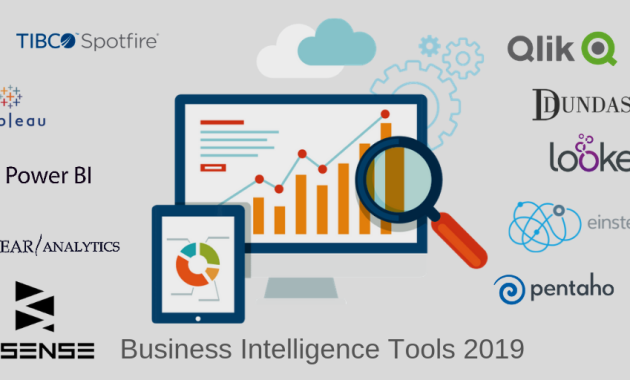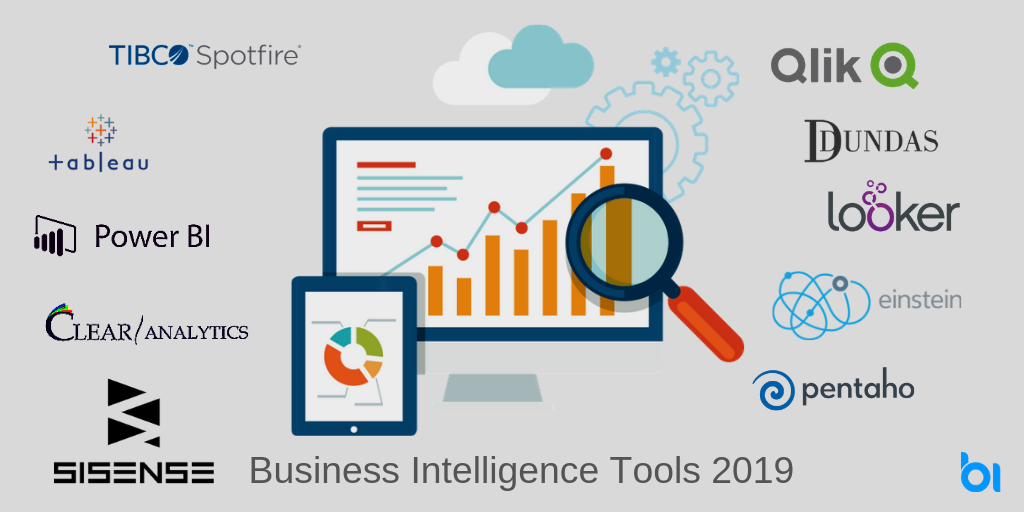
Business Intelligence Tools for Stress-Free Compliance: A Modern Approach
In today’s complex regulatory landscape, businesses face the daunting task of navigating a web of compliance requirements. Failure to comply can result in severe penalties, reputational damage, and loss of business. However, the emergence of business intelligence (BI) tools offers a powerful solution. These tools streamline compliance processes, automate reporting, and provide real-time insights. They transform what was once a stressful and time-consuming burden into a manageable and even strategic advantage. This article explores how business intelligence tools facilitate stress-free compliance, empowering businesses to thrive in a regulated environment.
The Compliance Conundrum: Challenges and Consequences
Compliance isn’t just about ticking boxes. It’s about demonstrating due diligence, mitigating risk, and maintaining stakeholder trust. The challenges are significant: ever-changing regulations, fragmented data sources, manual processes, and the constant threat of audits. These challenges can lead to several consequences:
- Financial Penalties: Non-compliance can result in hefty fines and legal fees.
- Reputational Damage: Negative publicity can erode customer trust and brand value.
- Operational Inefficiencies: Manual processes are prone to errors and consume valuable resources.
- Missed Opportunities: Limited visibility into compliance data hinders strategic decision-making.
These challenges highlight the critical need for a proactive and efficient approach to compliance. Business intelligence tools offer a way out.
Unveiling the Power of Business Intelligence Tools
Business intelligence tools are software applications designed to collect, analyze, and visualize data. They transform raw data into actionable insights, empowering businesses to make informed decisions. In the context of compliance, these tools offer several key benefits:
- Data Integration: Connect to multiple data sources to create a unified view of compliance-related information.
- Automated Reporting: Generate compliance reports automatically, reducing manual effort and human error.
- Real-Time Monitoring: Track compliance metrics in real-time, enabling proactive issue identification.
- Data Visualization: Present complex data in easy-to-understand dashboards and reports.
- Predictive Analytics: Identify potential compliance risks and predict future trends.
These capabilities make business intelligence tools invaluable assets for achieving stress-free compliance.
Key Features of Business Intelligence Tools for Compliance
Several features are particularly important when selecting a business intelligence tool for compliance purposes:
- Data Governance: Ensure data accuracy, consistency, and security.
- Audit Trail: Track all data changes and user activities for accountability.
- Alerting and Notifications: Receive automated alerts for compliance breaches or potential risks.
- Role-Based Access Control: Restrict access to sensitive data based on user roles.
- Compliance Reporting Templates: Utilize pre-built templates for common compliance requirements.
These features streamline the compliance process and reduce the risk of errors.
Case Studies: Success Stories with Business Intelligence
Several companies have successfully leveraged business intelligence tools to achieve stress-free compliance. Here are a few examples:
- Financial Services: A major financial institution used a BI tool to automate KYC (Know Your Customer) and AML (Anti-Money Laundering) compliance, reducing manual effort by 60%.
- Healthcare: A hospital network implemented a BI solution to monitor patient data privacy and security, reducing compliance violations by 40%.
- Manufacturing: A manufacturing company used a BI tool to track environmental regulations, minimizing waste and reducing fines.
These case studies demonstrate the tangible benefits of implementing business intelligence tools for compliance.
Choosing the Right Business Intelligence Tool
Selecting the right business intelligence tool is crucial for success. Consider these factors:
- Ease of Use: Choose a tool with an intuitive interface and user-friendly features.
- Scalability: Ensure the tool can handle increasing data volumes and user demands.
- Integration Capabilities: The tool should integrate seamlessly with existing systems.
- Security Features: Prioritize tools with robust security measures to protect sensitive data.
- Vendor Support: Select a vendor that provides excellent customer support and training.
Careful evaluation is essential to ensure that the chosen tool aligns with your organization’s specific needs.
Implementing Business Intelligence for Compliance: A Step-by-Step Guide
Implementing a business intelligence solution for compliance involves several key steps:
- Define Requirements: Identify specific compliance needs and goals.
- Select a Tool: Choose the right BI tool based on your requirements.
- Data Integration: Connect the tool to relevant data sources.
- Develop Dashboards and Reports: Create visualizations to track key metrics.
- Train Users: Provide training to ensure effective tool usage.
- Monitor and Refine: Continuously monitor performance and make adjustments as needed.
Following these steps will ensure a successful implementation.
The Future of Compliance: Leveraging Business Intelligence
The future of compliance is inextricably linked to business intelligence. As regulations become more complex and data volumes continue to grow, businesses will increasingly rely on BI tools to manage compliance effectively. The ability to analyze data in real-time, predict risks, and automate reporting will be essential for achieving stress-free compliance and gaining a competitive advantage. The continued advancement of AI-powered BI tools will further enhance the capabilities and effectiveness of compliance efforts. [See also: The Role of AI in Compliance]
Conclusion: Embrace the Power of Business Intelligence
Business intelligence tools offer a powerful and efficient way to navigate the complexities of compliance. By automating processes, providing real-time insights, and enabling proactive risk management, these tools transform compliance from a burden into a strategic asset. Embracing business intelligence tools is no longer optional. It’s essential for businesses seeking stress-free compliance and sustained success in today’s dynamic regulatory environment. Investing in the right BI solution is an investment in the future of your business. Take control of your compliance journey and unlock the power of data. [See also: Best Practices for Data Governance]
By embracing the power of business intelligence tools, businesses can achieve stress-free compliance and unlock new levels of efficiency and strategic insight. The shift towards data-driven compliance is undeniable. It’s a necessary step for organizations aiming to thrive in a complex and regulated world. The benefits of using business intelligence for compliance are clear. They offer a pathway to reduced risk, improved efficiency, and a stronger bottom line. The right business intelligence tool can make all the difference. Choosing the right tools is critical to achieving stress-free compliance.

